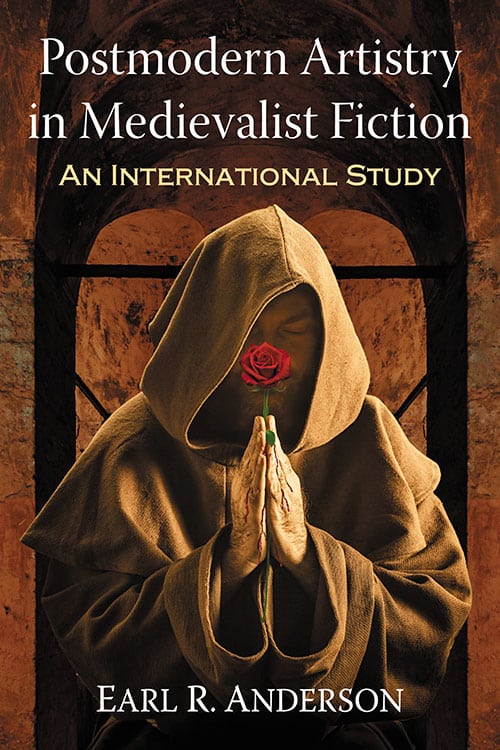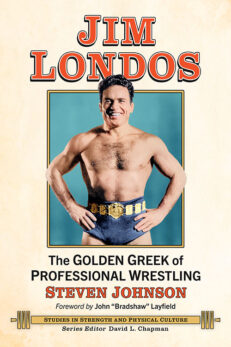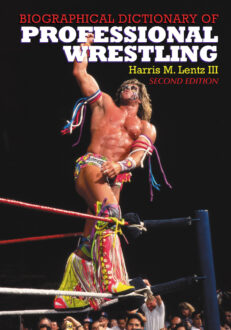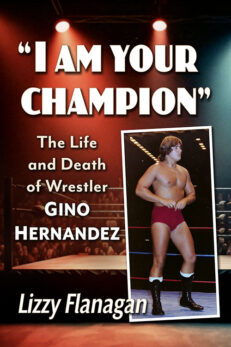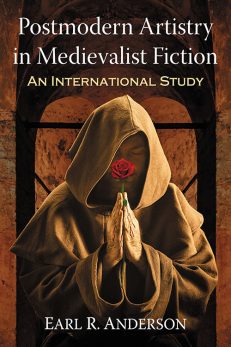Subtotal: $39.95
Postmodern Artistry in Medievalist Fiction
An International Study
Original price was: $55.00.$27.99Current price is: $27.99.
In stock
About the Book
Focusing on modern-day fiction set in the Middle Ages or that incorporates medieval elements, this study examines storytelling components and rhetorical tropes in more than 60 works in five languages by more than 40 authors. Medievalist fiction got its “postmodern” start with such authors as Calvino, Fuentes, Carpentier and Eco. Its momentum increased since the 1990s with writers whose work has received less critical attention, like Laura Esquivel, Tariq Ali, Matthew Pearl, Matilde Asensi, Ildefonso Falcones, Andrew Davison, Bernard Cornwell, Donnal Woolfolk Cross, Ariana Franklin, Nicole Griffith, Levi Grossman, Conn Iggulden, Edward Rutherfurd, Javier Sierra, Alan Moore and Brenda Vantrease. The author explores a wide range of “medievalizing” tropes, discusses the negative responses of postmodernism and posits four “hard problems” in medievalist fiction.
About the Author(s)
Bibliographic Details
Earl R. Anderson
Format: softcover (6 x 9)
Pages: 242
Bibliographic Info: notes, bibliography, index
Copyright Date: 2018
pISBN: 978-1-4766-7300-4
eISBN: 978-1-4766-3345-9
Imprint: McFarland
Table of Contents
Preface 1
Introduction 3
Part I: Rhetorical Foundations
1. Narrative Conceits 12
2. Genre-Plurality 24
3. The Artifice of Time 39
4. Intertextuality 49
5. The “Medieval Temper” in High Resolution 63
Part II: The Rhetoric of Doubt and Denial
6. Deconstructive Modes 82
7. Paradox 92
8. Equillopence and Skepticism 98
9. The Rhetoric of Disappointment 114
10. Postmodern Negation and Remainder-History 126
Part III: Four “Hard Problems” in Fiction
11. Subjectivity 142
12. Intentional Semiotics 150
13. Steganography 163
14. The End of the Middle Ages 175
Postscript 191
Chapter Notes 195
Bibliography 215
Index 233
Book Reviews & Awards
- “There is much to appreciate and admire about Earl R. Anderson’s compendious detailing of ‘medievalist fiction’…readers will be rewarded by the expert summary and presentation of major works of literature and criticism forming recognized and less recognized instances of literary medievalisms of the twentieth century.”—Medievally Speaking

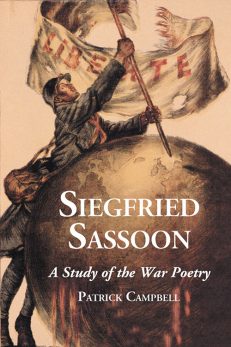 Siegfried Sassoon
Siegfried Sassoon 
